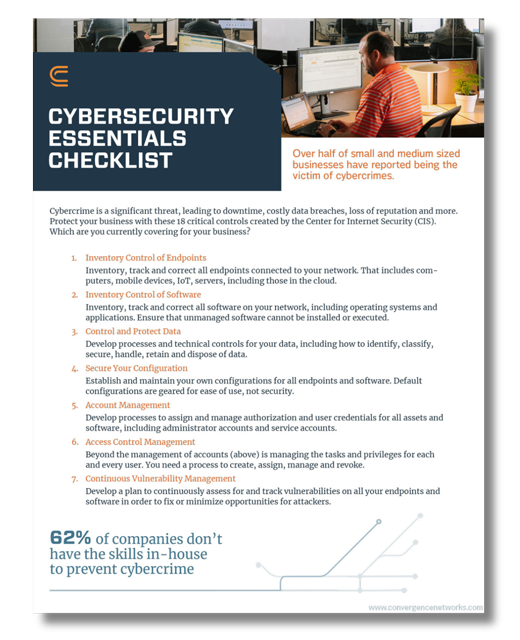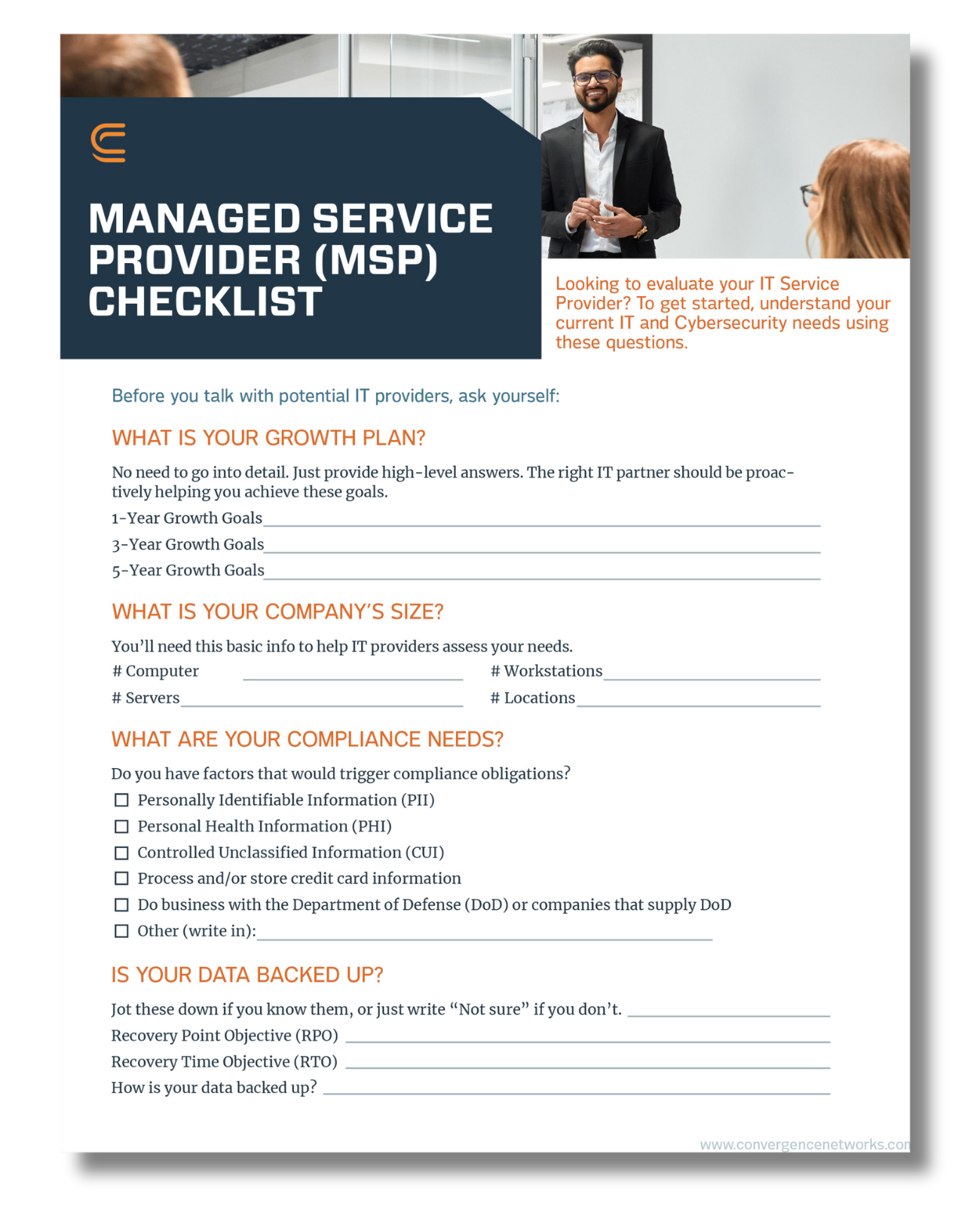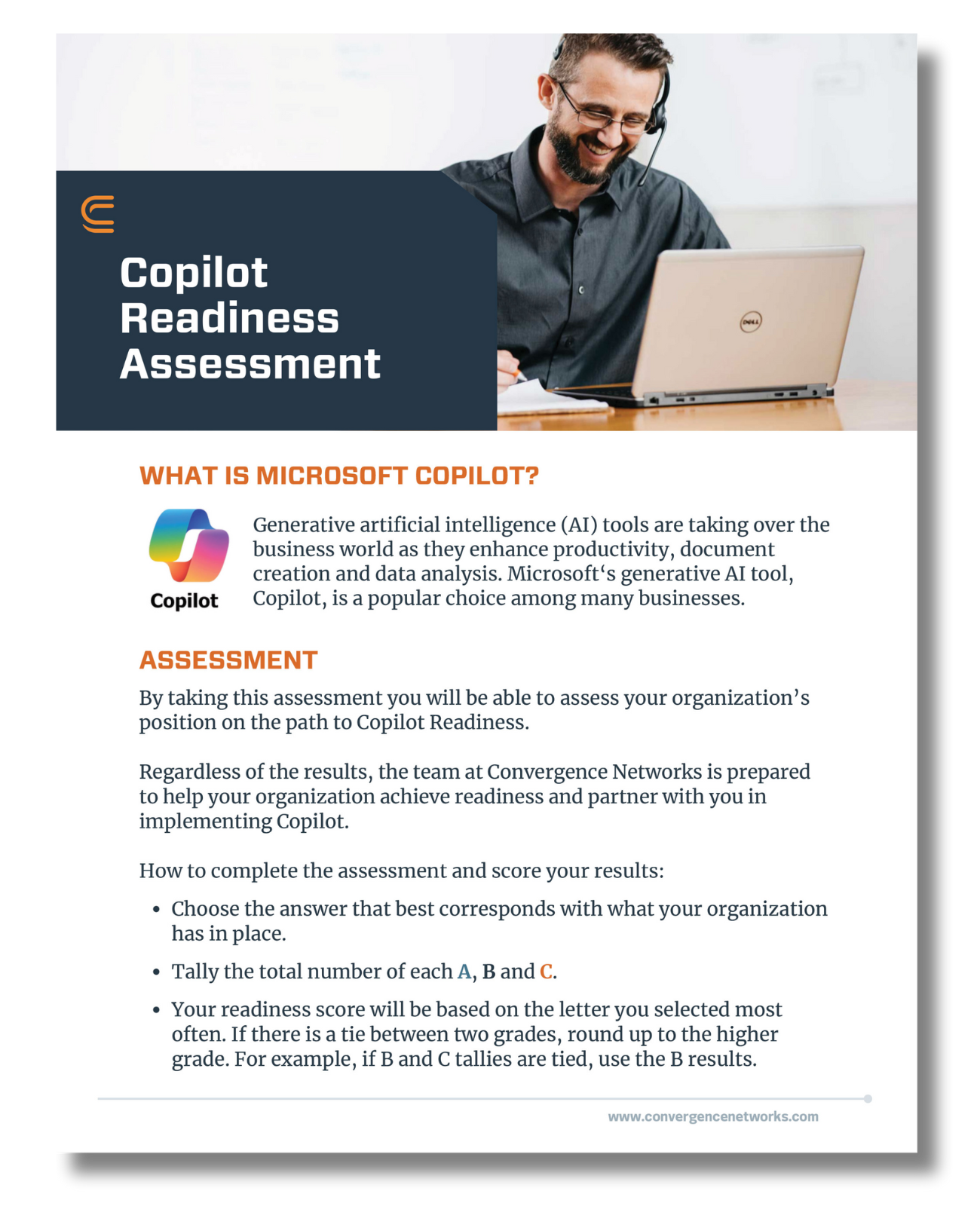In today’s digital world, password security is more critical than ever. With cyberattacks on the rise and data breaches making headlines, protecting your online accounts should be a top priority. One of the best ways to keep your password protected is using a password manager. Here, we’ll explore why dedicated password managers are important, the drawbacks of storing/saving passwords in a browser, and the risks associated with storing all passwords on a document on your computer or phone.
Why Use a Password Manager?
The use of password managers is crucial for anyone looking to increase their level of online security. They generate, store, and manage secure passwords for all of your online accounts so you don’t have to remember an endless number of complicated passwords. Here are some key reasons to use a password manager:
- Generate Strong Passwords: Password managers create complex, unique passwords that are difficult for hackers to crack. By using complex passwords, you can reduce the chance of your accounts being hacked.
- Avoid Password Reuse: Using the same password across multiple sites is a common but dangerous practice. If one site gets breached, all your accounts with the same password are at risk. A password manager helps you use a different strong password for each account.
- Convenience: With a password manager, you only need to remember one master password. The manager does the rest.
- Security: Password managers encrypt your passwords, making them inaccessible to unauthorized users.
Avoid Saving Passwords in Your Browser
Passwords saved in your computer’s browser are a convenient way to store passwords, however, they come with security risks. Here’s why you should avoid relying on them:
- Limited Security Features: Browser-based password managers often lack advanced security features found in dedicated password managers, such as strong encryption and secure password sharing. While most browsers do encrypt the data using Windows native encryption methodologies based on the user, they are still vulnerable to the same attacks as all saved credentials.
- Vulnerability to Browser Attacks: Browsers are common targets for cyberattacks. If a browser is compromised, so is the password manager within it. Additionally, if someone gains access to your computer, whether by compromising your password or exploiting a vulnerability, they can access your stored passwords because they are not encrypted to your account.
- Cross-Platform Limitations: Passwords saved on your browser are typically only available within that browser. Dedicated password managers work across different browsers and devices, providing more flexibility and security.
The Danger of Storing Passwords on Your Computer or Phone
Cybersecurity experts have consistently advised against saving passwords in a document on your desktop, whether it’s a Word file, Excel spreadsheet, or simple note. This practice poses significant risks. Here’s why you should avoid it:
- Lack of Encryption: Documents and notes typically lack encryption, meaning anyone who gains access to your device can easily view your passwords. This vulnerability exposes your sensitive information to unauthorized access and potential misuse.
- Human Error: There’s always a risk of human error, such as misplacing a physical document or accidentally deleting a digital one. Such mishaps can result in the loss of access to your accounts, causing inconvenience and potentially compromising your security.
- Increased Vulnerability During Cyber Incidents: In the event of a cyber incident in which someone gains unauthorized access to your computer, storing passwords in an unsecured document makes it simple for them to exploit this information. This can result in widespread compromise of your online accounts with minimal effort on the attacker’s part.
Understanding Strong and Weak Passwords
A strong password is your first line of defense against cyberattacks. Here’s what makes a password strong:
- Length: Longer passwords are more secure. Aim for at least 12 characters.
- Complexity: Use a mix of uppercase and lowercase letters, numbers, and special characters.
- Unpredictability: Avoid common words, phrases, or easily guessable information like birthdays or names.
Conversely, weak passwords are short, simple, and often based on easily guessable information. They are a primary target for hackers using brute force attacks or password-guessing techniques.
The Consequences of Compromised Credentials
When your credentials are compromised, the consequences can be severe:
- Identity Theft: Hackers can use your personal information to steal your identity, causing long-term financial and reputational damage.
- Financial Loss: Compromised accounts can lead to unauthorized transactions and financial loss.
- Data Breach: If your work accounts are compromised, sensitive company data could be exposed, leading to significant business repercussions.
Safe Password Practices
To ensure your passwords remain secure, follow these best practices:
- Use a Dedicated Password Manager: As discussed, dedicated password managers offer superior security and convenience.
- Enable Two-Factor Authentication (2FA): Adding an extra layer of security makes it harder for hackers to access your accounts.
- Regularly Update Passwords: Change your passwords periodically and immediately update them if you suspect any account compromise.
- Monitor for Compromised Credentials: Regularly check if your credentials have been involved in any data breaches and take action promptly.
Convergence Networks: Leading in IT and Cybersecurity Solutions
At Convergence Networks, we specialize in managed IT services and IT support with a strong focus on cybersecurity. Our experienced professionals provide tailored solutions to protect against ransomware attacks, data breaches, and other cybersecurity risks. We help companies evaluate their security posture, identify vulnerabilities, and implement robust security measures, including multifactor authentication and comprehensive business impact evaluations.
We remain committed to helping organizations navigate the evolving threat landscape and reduce the risk of cyberattacks. By adopting proactive cybersecurity measures and leveraging expert guidance, businesses can strengthen their defenses and ensure continuity and resilience in an increasingly interconnected world.
Contact us today to learn how we can assist you in enhancing your cybersecurity defenses.














